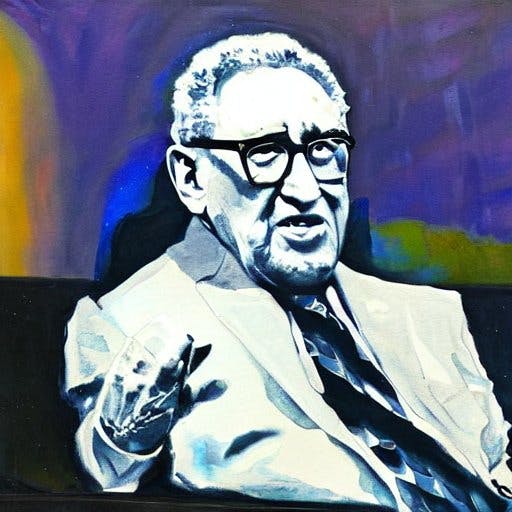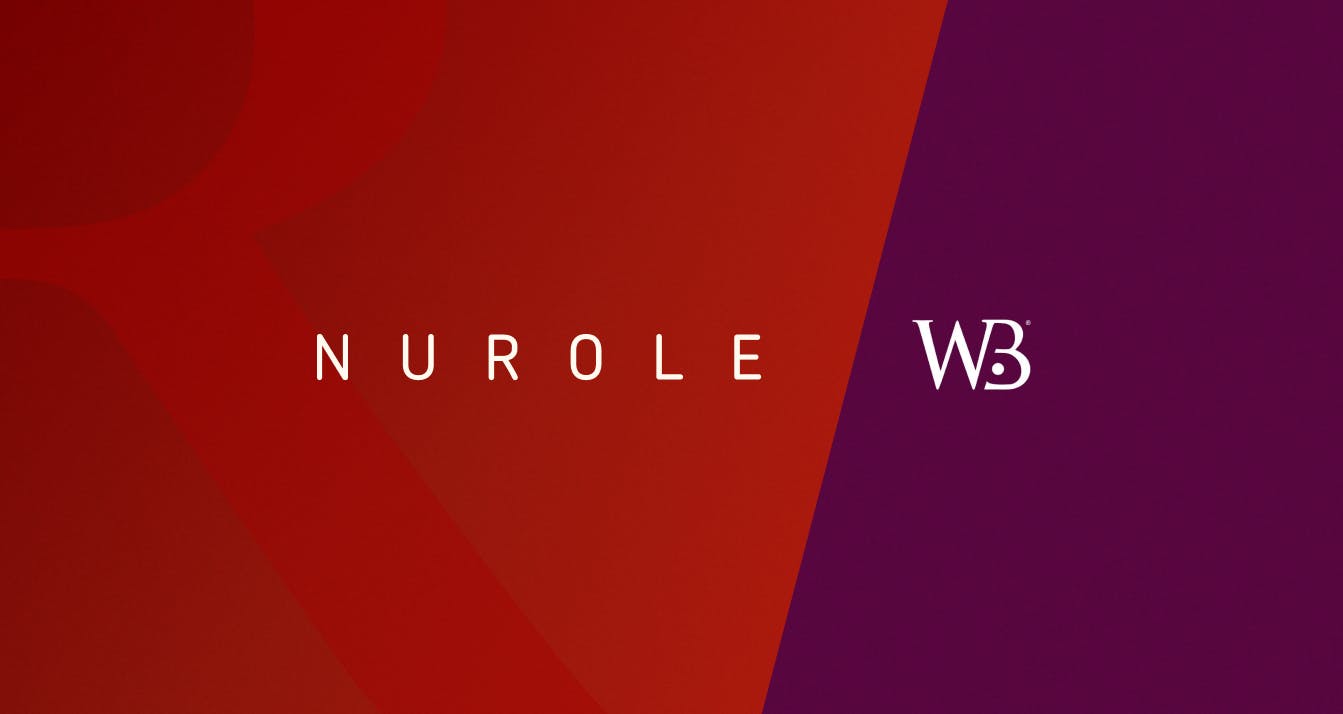
Dr Henry Kissinger On the Major Challenges Facing the World
This article is reproduced with kind permission from 13D Research & Strategy, a top-down, thematic investment research firm. It was founded by Chairman, Kiril Sokoloff, in 1983. At its core, 13D helps its clients detect change within markets before others. 13D’s clients have material interests in capital markets and use 13D to form a differentiated opinion on where major investment opportunities and risks lie. If you would like to learn more about how to become a 13D client, please register your interest here.
Dr. Henry Kissinger, widely regarded as one of the most important geopolitical strategists of the 20th century, talks to Kiril Sokoloff about some of the truly unprecedented challenges facing the world in the 21st century.
He offers his advice to today’s leaders and explores what makes a great leader. He also discusses the New World Order, the emerging multipolar world and the instability it is likely to bring, the similarities to 1914, the Russia Ukraine conflict, and the dangers of AI.
On Advice to World Leaders
If you don’t develop a feel for the unavoidable and the inherent momentum that history provides, you cannot interpret events properly. And that’s the difficulty of most of our statesmen today, especially in the West...
And what is important now is to develop a world order in conditions of extreme danger and of extreme complexity. And that is a huge challenge for the world...
[1914] is a lesson we should reflect upon because if you combine the destructiveness of weapons that nuclear power provides with the accuracy of them, that artificial intelligence provides, and the sophistication of the technology that combines all these things, overwhelming destruction in a war between high-tech countries is unavoidable, even in the sense that the leaders may lose control because the weapons themselves will have automatic features for self-defense that drive them into escalation...
We are now in a position to converse with machines. And the machines have an identity whose origin we don’t know and draw conclusions that we have to learn. We are only at the very, very beginning of that process of talking to machines. But in 10 years it will be a major factor in the economy of every highly-developed country and, in some way, will strongly influence the leaders because it will be one of their ways of getting information...
Our technicians understand so much more than we do as statesmen and as thinkers. And they’re producing things like the possibility of dialogue with machines, which they’re doing right now, and successfully, in terms of that task. So, for that world, we have no great philosophers. And when we look at our educational systems, they are much more concerned with teaching how to survive, to get ahead in that short-term world than reflections about the decisions that children and grandchildren will have to make. So that is an unprecedented challenge for humanity...
We need to generate leaders who understand this and followers who feel the need for this. And to match this will be a great task, especially for democratic countries and for the future of democracy. But on the other hand, the authoritarian countries are limited by the inherent perspective of a human life and have enormous difficulty of achieving continuity...
And the conduct of the leaders in office is mostly focused on their immediate problems, including their electoral problem. But if they don’t solve it on the Ukraine issue within the next year or two, that could take on the dimensions of WWI...
And all of this happened between European countries...we’re talking about WWI now. But the present world includes India, China, Brazil, and major countries that have a totally different memory...
Immanuel Kant, who grew out of the Enlightenment we were talking about before, and who was a great believer in constitutional and democratic government, wrote an essay on war in which he had said, “The world is organically going to be driven towards some kind of consolidation.” But the open question was whether it would get there by human insight or by catastrophes of a magnitude that permitted no other solution. Well, we are not on the first road. We are not on the road of human insight at the moment.
On Ukraine
If you look at the Ukraine situation, there are a variety of perspectives. Ukraine understandably and inevitably wants to have space in which to live, and the resources for rebuilding and recovery. At the same time, the European order for 400 years has included a significant Russia.
Now how to combine these two? And how to bring each of these countries to the realization that what I’ve just said about the independence of one and the strength of the other, how they have to be brought into relation with each other. That’s extremely difficult, even to be accepted as a problem.
On Democracy
It’s also true historically that as an institution, democracy has been the shortest-lived institutional system, when it happened, when you compare it to monarchies. The reason for that is that it is very difficult to maintain the strengths that are needed, when the temptation to be demagogic is so great.
On Education
I think the education process in the Western world, at least in America, has gotten worse. It has because it has gotten away from the long-term problems and gotten very focused on the short-term ones. And very much on ideological grounds, not rational and reflective grounds.
On Leadership
I fear what you and I are doing today is stating problems that call for leadership, and the political processes are geared to short-term solutions. You won’t hear any electoral debate in America, reflections on what we are talking about right now because the public isn’t prepared for that...
We have to hope, and we have to expect, that leaders will emerge, that groups will be formed that call attention to these problems...
The role of a leader is to take the society from where it is to where it has not been because the world has changed or will change. And the great leaders have known that, and that is their contribution. And if these leaders emerge then the society can make a still difficult but stabler progress. But if these leaders don’t emerge, then the political structure in countries will get more and more soft and unmanageable and will itself become a problem... It would be incorrect to say that they exist at this particular moment. At this moment, we are in a period of enormous change, which is often recognized only demagogically—demagogically meaning that one picks the issue that achieves a very immediate response but does not help you towards a solution.
Great Leaders: Are They Made or Born?
They’re importantly made by circumstances. But also importantly made by their education and by their own attitudes. If you study the history of great leaders, they have transcended their times. And that is not yet happening. And therefore, they are thrown into the conflict with each other without the framework that would make it meaningful.
In theory, the safest course is to do the right thing. That is to get away from the noise and to ask yourself what are the various actors in the crisis trying to do, compared to what is best for the survival and progress of the whole system. That’s the idea. But the reality is that top policy makers are so busy dealing with the immediate and then dealing with their domestic situation and then dealing with the gap between what they learn and what their surrounding can absorb that we haven’t yet found the leader who can make these jumps.






